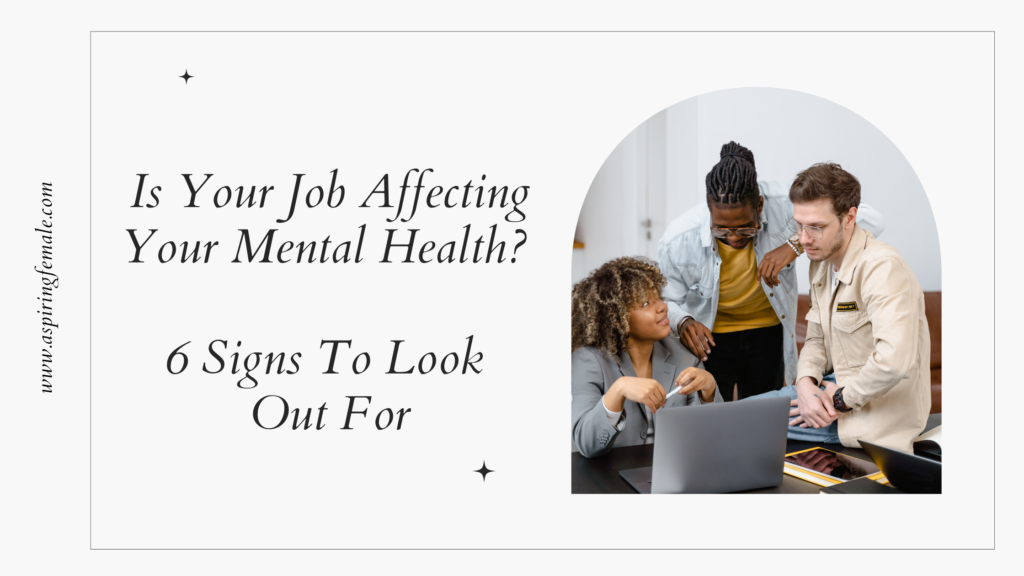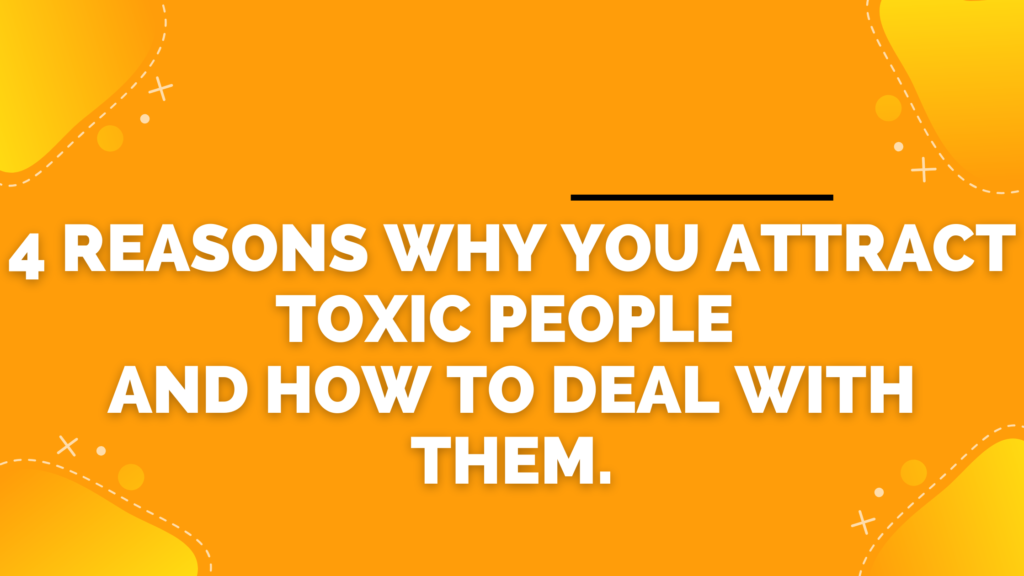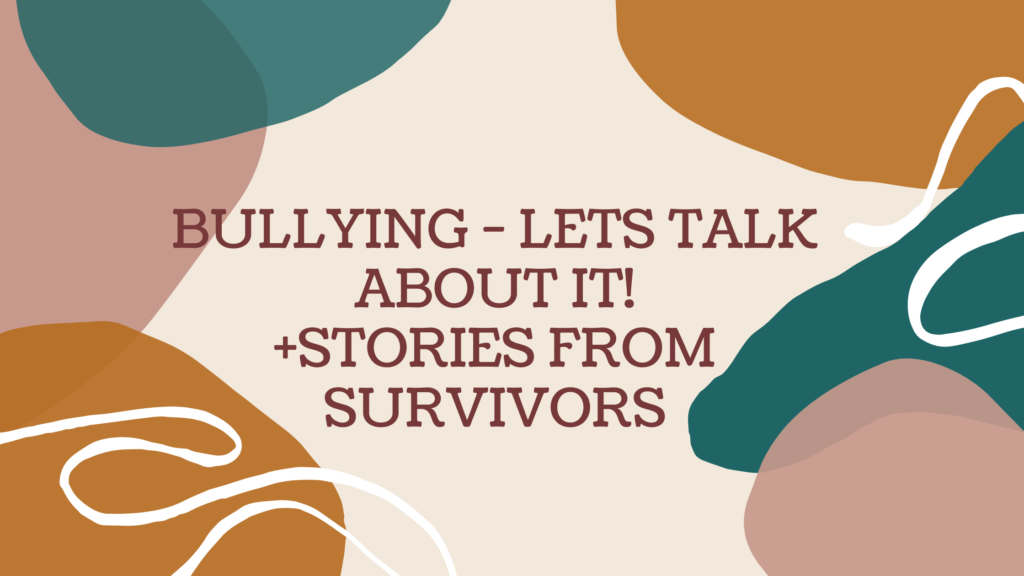
Many of us work to earn a living and grow in our careers. However, when work becomes a source of stress and unhappiness, and negatively impacts our mental health, it’s essential to recognize the situation and take steps to address it. I have been in this position and didn’t realize it was my ‘job’ affecting my mental health until I realized I have been struggling for months and I can’t get myself to go to work.
Realizing that your job is affecting your mental health can be a pivotal moment. It’s important to acknowledge that your mental health is just as important as your physical health, and it’s okay, in fact it’s important to prioritize it. Here are some signs that indicate your job affecting your mental health:
1. You’re In Emotional Turmoil:
And by that I mean you have constant breakdowns at work, you feel more anxious, irritated, angry, overwhelmed and lost.
Every little thing can set you off. I remember I used to control myself and not get my anger out on a customer because I was so irritated and annoyed all the time, and that was NOT me. I used be really calm and composed but I now felt I was going crazy. I used to hold my tears back, I would have a meltdown and have frequent visits to the washroom to cry out. It was not pretty.
This was a major sign that something is off and I knew that my job is taking a toll on my mental health. And if these words look familiar to your condition, you should take this as a sign.
2. You’re Lost and Feel Hopeless:
Remember the time when you joined your new job and knew what you wanted to do? But instead, now you feel lost and have no idea what you’re doing. You’re simply ‘going with the flow’ and don’t have any direction.
You feel hopeless and your motivation has died down. If you’re feeling the same way it’s a major indication that your job is affecting your mental health.
3. Physical Changes:
Another sign is that you notice physical changes in your body. If anything affects your mental health, it will surely affect your physical health too. You will notice changes in your sleeping patterns, you are either sleeping too much or too little, you have either lost or gained a lot of weight, and you notice signs in your stomach, does it get upset easily? Do you get frequent headaches, do you get easily sick?
4. You Dread Coming To Work
I remember I would drag myself coming to school as I did not like it, it wasn’t a pleasant experience for me. The moment I realized I had the same feelings towards my job, I knew that this wasn’t a good sign. I no longer was happy and I was constantly stressed.
You tend to ‘make up’ sick leaves and try to avoid coming to work as much as you can. Does that sound familiar?
5. Isolation
You tend to feel more irritable and emotional during conversations and tend to isolate yourself from your co-workers, avoiding team activities or events, or distancing yourself from workplace conversations and activities. and are constantly avoiding your boss at all costs.
Isolating yourself at work can be a red flag that something is off with your mental health. It may indicate that you are struggling emotionally and may not have the energy or motivation to engage with others as you normally would. This could be due to feelings of depression, anxiety, or overwhelm, which may lead to a desire to withdraw and isolate.
Isolating yourself at work can also have negative consequences on your job. It may impact your relationships with colleagues, hinder effective communication, and create a sense of disconnection from your team. It can also prevent you from seeking support or assistance when needed, and may even lead to a decrease in productivity or performance.
6. You develop poor self-hygiene/ lose interest in appearance.
When your job is negatively impacting your mental health, one possible sign is a decline in self-hygiene or loss of interest in your personal appearance. This could manifest in various ways, such as neglecting personal grooming habits, disregarding hygiene practices, or showing a decreased interest in how you present yourself at work/poor self esteem or in other settings.
There are several reasons why this may occur. When you’re struggling with mental health challenges, it can affect your motivation, energy levels, and overall well-being. As a result, self-care activities, such as maintaining personal hygiene or paying attention to your appearance, may take a backseat. Additionally, the stress, anxiety, or depression associated with work-related issues can also diminish your interest in self-care or cause a sense of apathy towards your appearance.
The decline in self-hygiene or loss of interest in appearance can have both physical and psychological effects. It may impact your confidence, self-esteem, and how you perceive yourself. It can also affect how others perceive you and may impact your professional image at work.
Now with all that said what do you do to fix this?
Do you just quit or seek a solution with your superiors?
1. Talk to the HR/ Superior:
If you feel comfortable, consider discussing your concerns with your employer or supervisor. They may be able to offer support or accommodations to help manage your workload or address any work-related issues affecting your mental health.
2. Quit your job:
Of course, this option depends from person to person and the situation you’re in. If the job doesn’t suit your interest and if there’s something else you want to do, or find you want to work in another company, then quitting and finding a suitable job which aligns towards your interest/goals would be your option.
3. Take breaks:
Take regular breaks throughout your workday to give yourself time to relax, recharge, and de-stress. Stepping away from work, even for a short time, can help reduce stress and improve your mental well-being.



